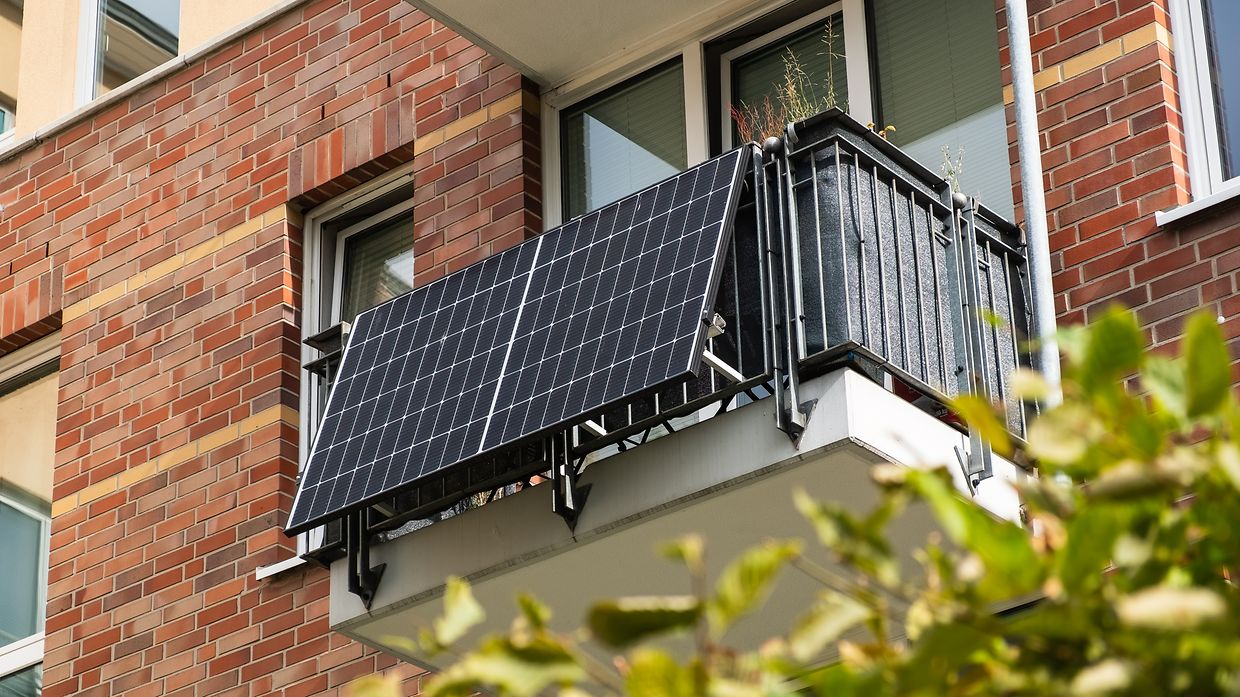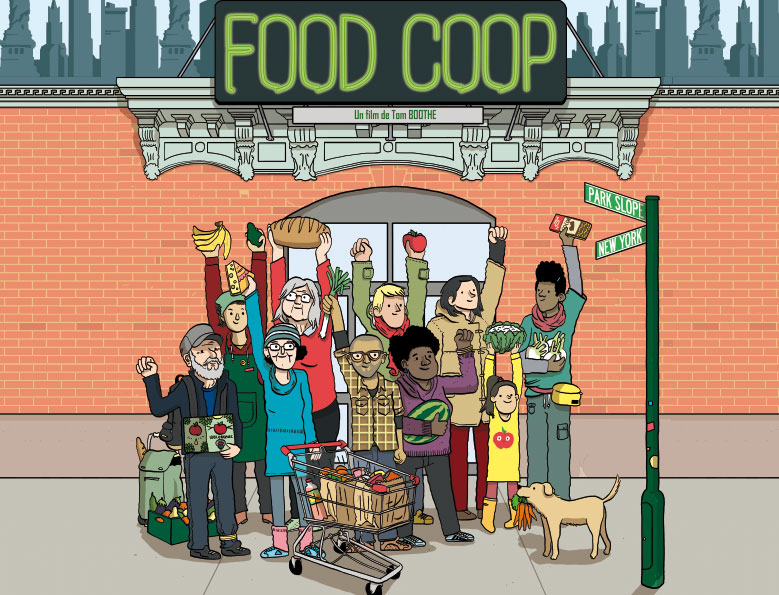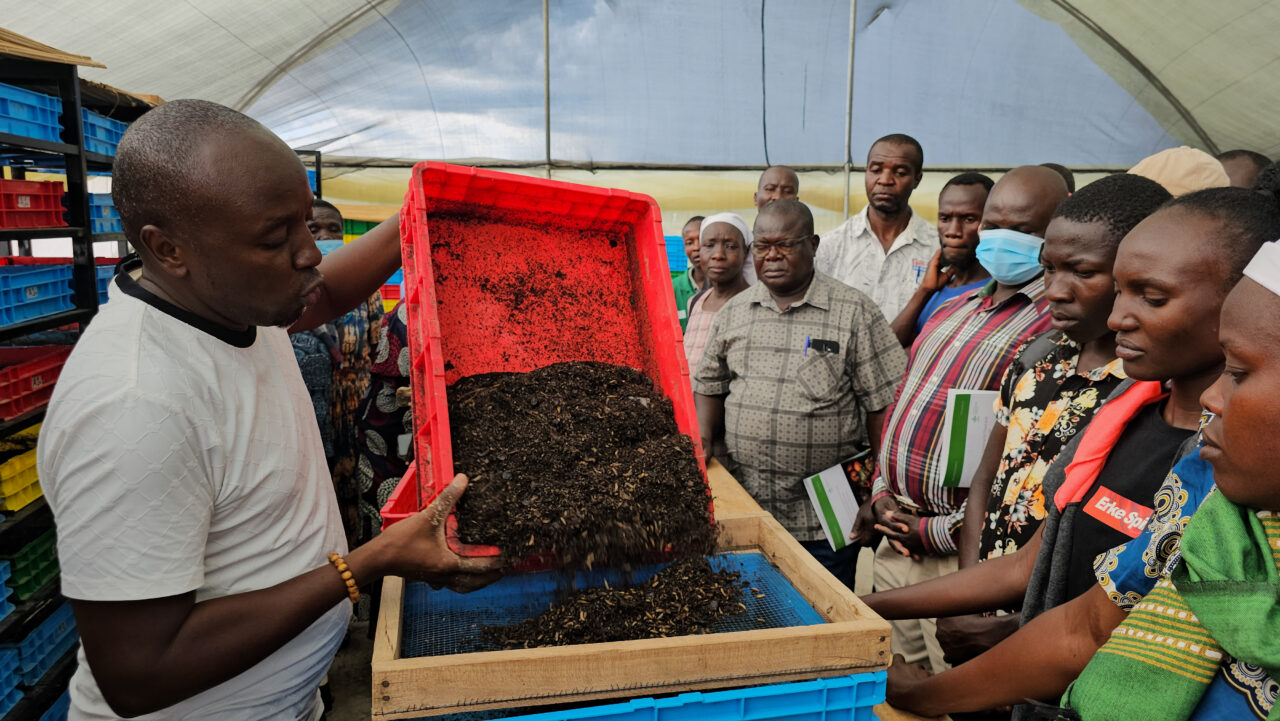News
No Roof? No Problem: The Rise of Balcony Solar in Germany
As a child, I was often in charge of preparing the mayonnaise. I remember pouring with care (and faith) olive oil, raw egg, and lemon juice, hoping to have come up with the right amount of each so that the sauce would set - it did most of the time! In a bit more complex way, the energy transition seems to require some sort of cosmic alignment as well — every ingredient needs to fall into place: governance, technology, policy.
Park Slope Food Coop: a cooperative grocery store in New York, for the food systems transition
These days, buying groceries feels a bit like an act of financial harakiri. It doesn’t help - no more than our somewhat messed-up geopolitical situation right now- that we’ve already blown past the 1.5°C global warming limit— affecting harvests and food markets.
A Mombasa youth-led circular initiative, using fly maggots
While some say they “wouldn’t hurt a fly”, others - in Kenya for example - put them to work! Meet the Black Soldier Fly (BSF), a tiny insect with a big mission. Its larvae are nature’s little recyclers, devouring organic waste and turning it into valuable byproducts supporting sustainable food and agricultural cycles.
Coal town in Australia, an experience (in the making) for a just transition
Coal still powers around one third of the world’s electricity and sustains millions of jobs. Yet, with the Paris Agreement in mind, ‘coal’ and ‘goal’ don’t go together well. For a net-zero transition, this fossil fuel shoul be phased out well before 2050. But practical experiences of ‘just transitions’—ensuring that workers and communities aren’t left behind—remain rare. Every promising case, however imperfect, becomes thus a precious source for lessons.
The Fab City Quebec newsletter is a monthly must-read for anyone interested in getting involved in transforming our communities! It is the result of a collaboration between Communautique and Coop Fab Labs Quebec. We will only use your email address to send you the newsletter. By subscribing, you agree to the privacy policy.
Videos
#Fabcitymontreal







